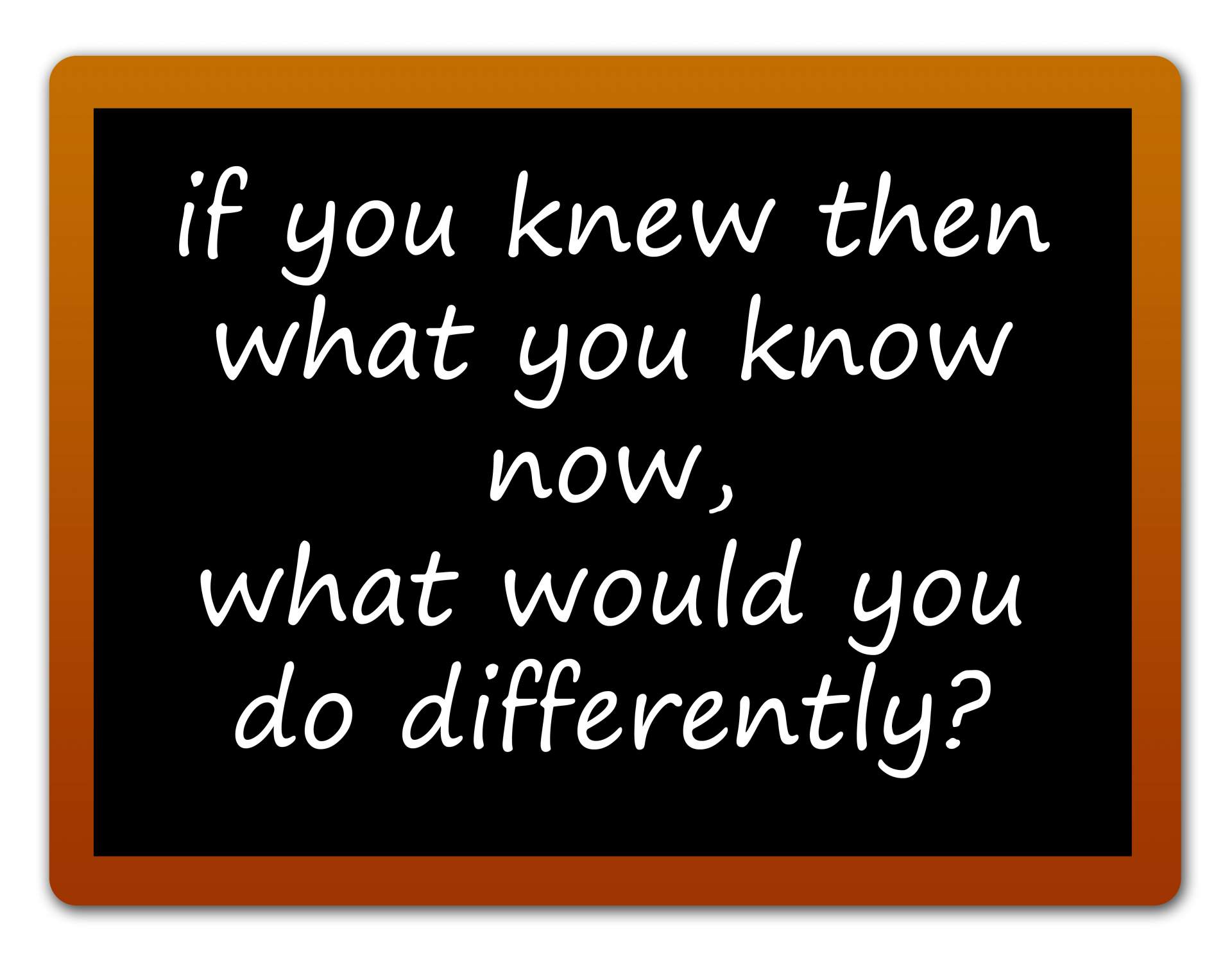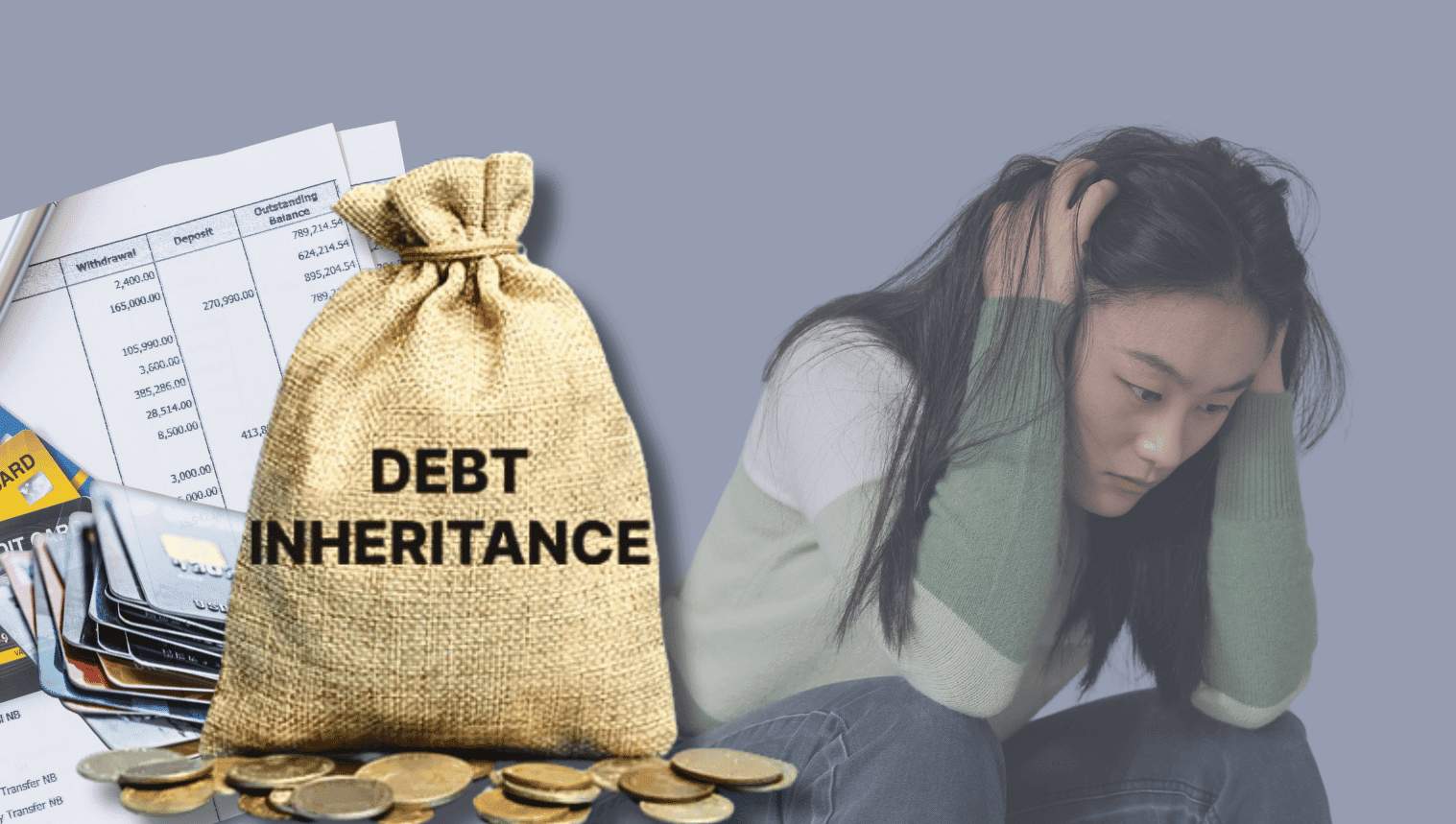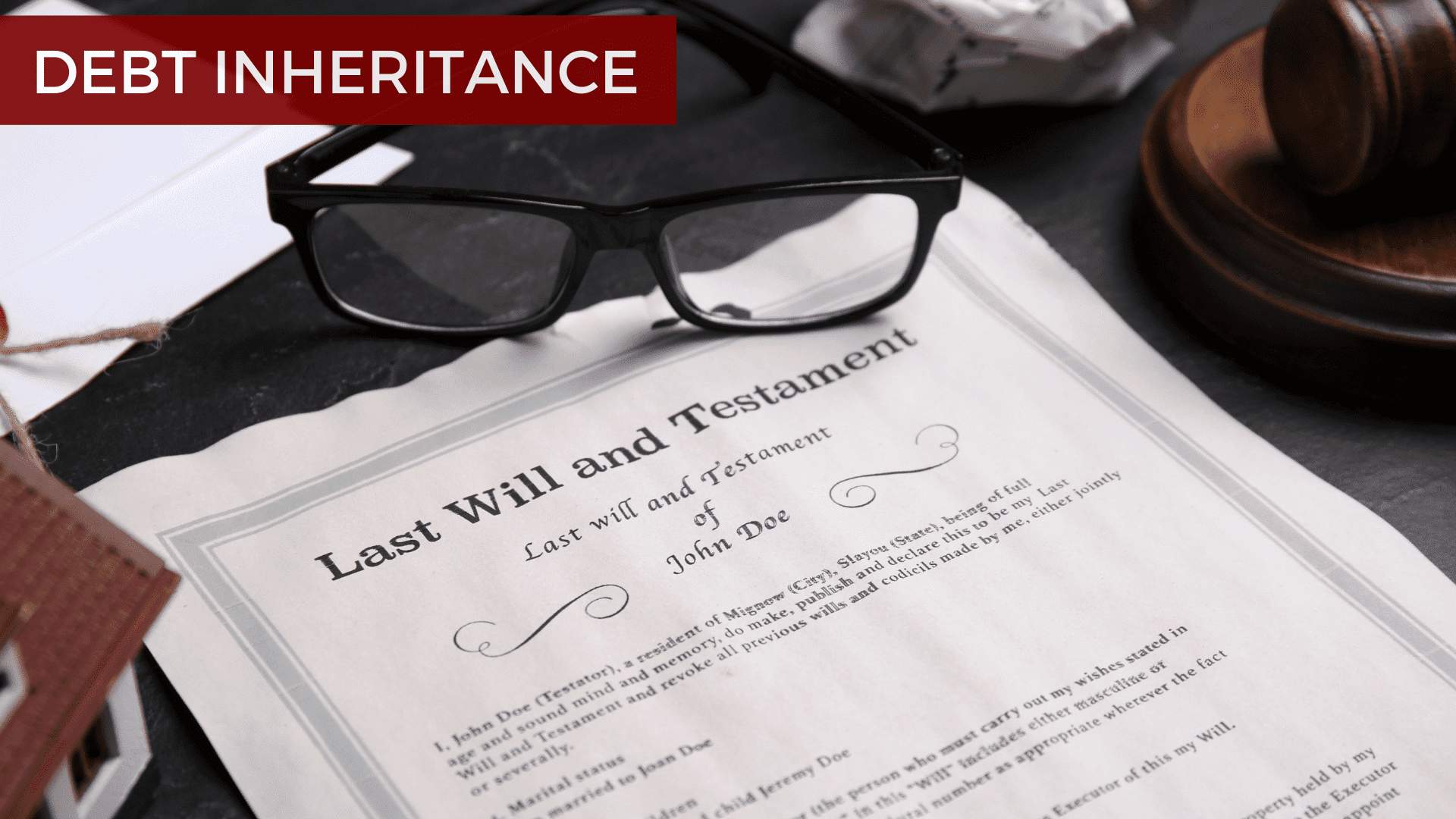Your rights around inheriting debt in Canada can vary depending on several factors, including provincial…

Should You Roll Your Debt Into Your Mortgage or Car Loan? (Secure your Unsecured Debts)
When people are struggling with credit card debt, lines of credit and other unsecured debt, they have a few options available to help them. One popular choice is to refinance your home (if you own it with enough equity) which means to increase your mortgage and use that extra money to pay off your credit cards and unsecured debt. That way the unsecured debt you had will now be part of your mortgage, a secured debt. The benefit to doing this is saving money on interest, thus making it more affordable to repay. Mortgages these days have very low interest rates, thanks in part to being a less risky loan for the banks because they are secured by the home. If you cannot make your payments, the bank simply repossesses your home to recover its money. In contrast, credit cards can have much higher interest rates and make repayment of the debt very difficult.
For those who don’t own their home, they may be drawn to some new creative auto financing being offered by some car dealerships, which allows them to consolidate their unsecured debts (again credit card, line of credit, payday loan) into their auto loan. This option will be guaranteed more expensive (higher interest) than the mortgage simply because vehicles lose value over time. On top of that, when you sell your car or it is lost due to damage or theft, the auto loan then becomes unsecured. This cannot happen with mortgages. Mortgages must be repaid at the time of sale of a property, and they are tied to property which cannot be lost due to damage or theft. As well, interest rates for the vehicle will be decided based on your credit rating, so if you have a lower credit score your interest will be higher to offset the risk to the lender. However, the vehicle loan with consolidated debt rolled in will still be more affordable than a separate car loan and unsecured debt, so that is the benefit.
We know that consolidating unsecured debt into secured debt can save money in interest, however there are downsides to doing this. If you do find yourself unable to handle your new consolidated debt, you will lose your asset (your property or your vehicle). And this will put a “dark mark” on your credit report that will severely affect your ability to attain new credit. If you are able to make the payments, it simply means that you will be guaranteed to repay that debt in full at that interest rate, no matter how difficult it is for your finances and lifestyle.
Before consolidating your unsecured debt into your secured debt, consider all of your options available to you for dealing with the unsecured debt. The first option is to place the unsecured debts (credit card, payday loans, etc) on a debt management program (with a licensed and bonded credit counselling agency, do your research). What this does is reduce the interest rates on those unsecured debts, making them affordable to repay, while leaving your secured debts intact and your assets safe from repossession. Secured debts are not eligible for debt consolidation programs, therefore if your unsecured debt has been rolled into secured debt you will never be able to reduce that interest further. Debt consolidation programs are able to reduce interest to 0% in most cases (depending on the lender’s policies) for the duration of repayment.
As an example, if you have $20,000 in unsecured debt, and then place that in a debt consolidation program you could pay 0% interest for up to 5 years of full repayment. After the program is over, your unsecured debt is gone and you have an R7 (credit counselling) for those debts only noted on your credit bureau for 3 years. If instead your roll your $20,000 unsecured debt into your mortgage, then you are repaying that at 5% interest (for example) for the next 25 years (or the length of your amortization). Thus credit counselling would have your unsecured debt paid off quicker and cheaper than a consolidation mortgage would (and your home would have a lower risk of repossession).
If you could not afford to repay your debt within 5 years on a debt consolidation program, then your next option would be a consumer proposal through a bankruptcy trustee. With a consumer proposal, you are able to make monthly payments to pay back a portion of your debt with reduced interest rates within 2 years. This option is available to those who have proven financial hardship, that the creditors will accept a reduction of the money repaid to them. Your secured assets are not affected by a consumer proposal.
Bankruptcy should be the last option for most people, however, it may be the best option for some people. This is why you need to speak with a qualified credit counsellor who can review your finances in depth, and point you in the right direction. For example, if you would consider consolidating your unsecured debts into your mortgage and then later have your home repossessed due to financial hardship, you might be better off to declare bankruptcy from the start.
There is another option you might have heard of, called debt settlement. This is something you need to be very careful about however, because when it sounds too good to be true… it is. There are companies who advertise that you can make monthly payments to them and settle your debt at a fraction of the total. These do not work. The reason is because your payments are being kept by the company “in trust”, meanwhile your creditors are receiving nothing and your account is going into collections and legal action. Then when the debt settlement company attempts to negotiate settlement with the creditors, the creditors refuse. They have received nothing for 6 months (for example) and now are pursuing wage garnishment or other legal collection for collecting their money and are not willing to negotiate a significant loss. What happens then, is that the debt settlement company will typically keep all of your monthly payments as their fee, though settlement was unsuccessful, and you are left financially devastated with your debts in collection and your money wasted.
The only way a debt settlement will work is if you have a significant portion of your debt available to pay up front (around 50%). Credit counsellors who help with debt settlement, like Solutions Credit Counselling, will put your funds into a Trust Account, make the settlement offer to your creditors and negotiate the lowest payment for you, and that money is paid to the creditors immediately (any remaining money is then returned to you). Creditors are much more willing to negotiate settlement in this method since they have not been neglected payment for months on end and already pursuing collection. The success rate for debt settlement through Solutions is quite high, and is the only method that actually works.
Now you may be wondering, what is the best option for me? How should I deal with my unsecured debt? If you ask the bank, they will probably suggest their products, such as consolidation loans or refinancing your home (securing it into the mortgage). If you ask a bankruptcy trustee, you might be recommended to a consumer proposal or bankruptcy since that is what trustees do. So you see, sometimes the answer you receive will depend on who you ask. We believe Credit counsellors will provide the best evaluation for your individual situation. Your best bet will be to speak with a number of different sources and educate yourself further on your options based on your personal finances. The place to start would be to have a free and confidential consultation with a qualified credit counsellor. Have your list of creditors/debt, your income and budget (spending) ready, and speak with one of our counsellors by calling toll-free 1-877-588-9491. We will tell you if you are eligible for different programs and what your best solutions are, pointing you in a direction for further research if needed, and allowing you to make the most informed decision.
Call us first – you will be glad you did. We work for you not your creditors!












